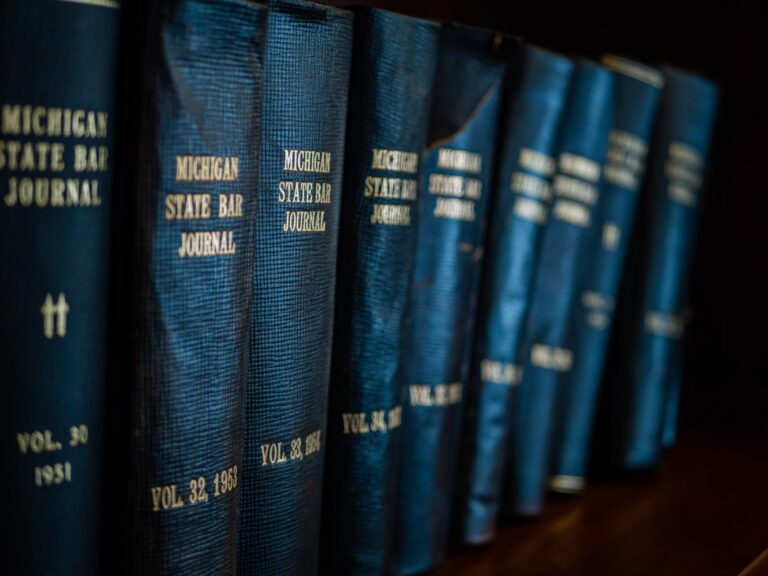California's diverse population presents cultural barriers to reporting school sexual abuse. School abuse lawyers play a vital role by offering sensitive legal support tailored to diverse communities, ensuring access to justice and safety for students from various backgrounds. These lawyers create safe reporting environments, break down obstacles, collaborate with communities, advocate for policy reforms, and raise awareness, empowering victims to come forward without fear or complexity.
In California, addressing cultural barriers to report school sexual abuse is paramount for creating safe learning environments. This article explores the intricate challenges faced by students from diverse backgrounds and the crucial role that school abuse lawyers play in overcoming associated stigmas. We delve into effective strategies aimed at encouraging safe reporting and providing essential legal support, focusing on the unique needs of California’s student population. Understanding these barriers is a critical step towards revolutionizing how we respond to and prevent school sexual abuse.
Understanding Cultural Barriers in California Schools

In California, addressing cultural barriers in reporting school sexual abuse is a complex issue that requires nuanced understanding. The state’s diverse population includes various ethnic, linguistic, and socio-economic groups, each bringing unique perspectives and challenges when it comes to disclosing and pursuing justice for sexual misconduct within educational institutions. For instance, language differences can create communication gaps between victims, their families, and school officials, hindering timely reporting.
Cultural norms, traditions, and fears of stigmatization or retaliation may also deter individuals from coming forward. Some communities prioritize family and community honor above individual rights, making it harder for victims to speak out. Additionally, trust issues with authorities, especially within immigrant populations, can impede the reporting process. School abuse lawyers in California play a crucial role in navigating these cultural barriers by providing sensitive legal support tailored to diverse communities, ensuring that all students have access to justice and safety.
The Role of School Abuse Lawyers in Overcoming Stigma

School abuse lawyers in California play a pivotal role in addressing cultural barriers and overcoming stigma surrounding sexual abuse within educational institutions. These legal professionals are equipped to guide victims and their families through complex legal processes, ensuring they receive justice and support. They work tirelessly to create a safe space for reporting, understanding that many survivors hesitate due to fear, shame, or cultural taboos.
By employing sensitive and culturally competent approaches, school abuse lawyers help break down barriers that prevent students from speaking up. They collaborate with communities, advocate for policy changes, and raise awareness about the prevalence of sexual abuse in schools. Their expertise enables them to navigate legal complexities, providing a crucial support system that encourages victims to share their stories and seek the accountability they deserve.
Strategies to Encourage Safe Reporting & Legal Support

Encouraging safe reporting and providing legal support are critical steps in addressing cultural barriers to disclosing school sexual abuse. Organizations and schools in California can implement several strategies to create a supportive environment for victims, especially those from diverse cultural backgrounds. One approach is to offer confidential reporting options, ensuring privacy and anonymity where needed, which can help overcome fears of stigma or retaliation.
Legal support plays a pivotal role in this process. School abuse lawyers in California can assist by providing free or low-cost legal aid, educating communities about their rights, and offering guidance on navigating the justice system. These services can empower victims to come forward without worrying about legal consequences or the complexities of the legal process.






